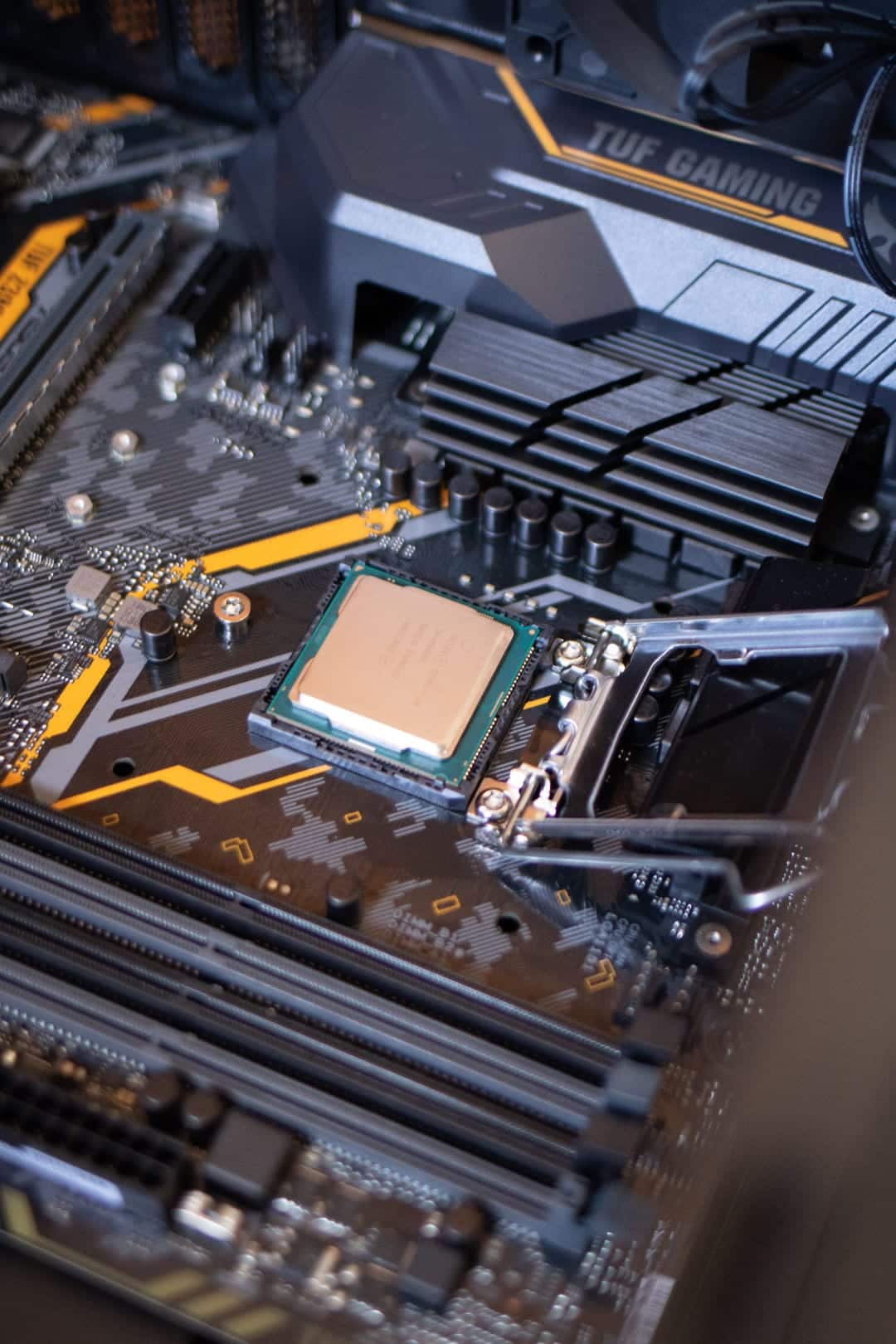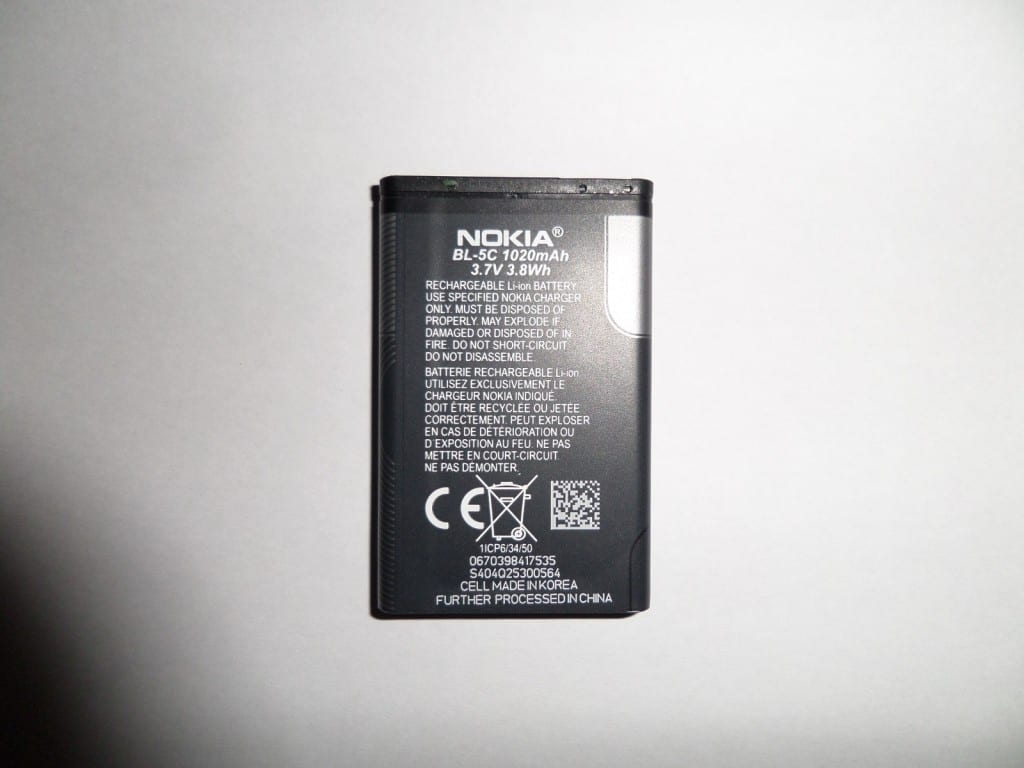AMD has been giving Intel strong competition over the past couple of years with their new Ryzen processors. At the same time, Intel was grappling with other issues that had to be patched (and the patches reduced performance in some cases). Now they have released the 11th generation H series CPUs built on the 10nm Willow Cove architecture.
These mobile processors offer a 19% performance improvement according to Intel. The new 10nm architecture improves both efficiency and performance. Fewer nanometers is generally better for efficiency and performance resulting in more powerful laptops without compromising battery life.
Better efficiency also translates to greater performance relative to its heat output — something that is important to laptops due to their limited cooling systems and poor airflow. The strong demand for high performance laptops is going to shift to whoever offers the best price to performance ratio while offering reasonable battery life.
Apple has also been providing Intel with competition by making its own processors to replace the Intel CPUs in some of its Mac models. The new Apple Silicon processor — the M1 has exhibited extremely high efficiency and has facilitated 20-hour battery life coupled with above-average performance (all while keeping laptops cool). Therefore, Intel has to keep up with AMD’s almost-unbeatable power and Apple’s unrivaled efficiency.









